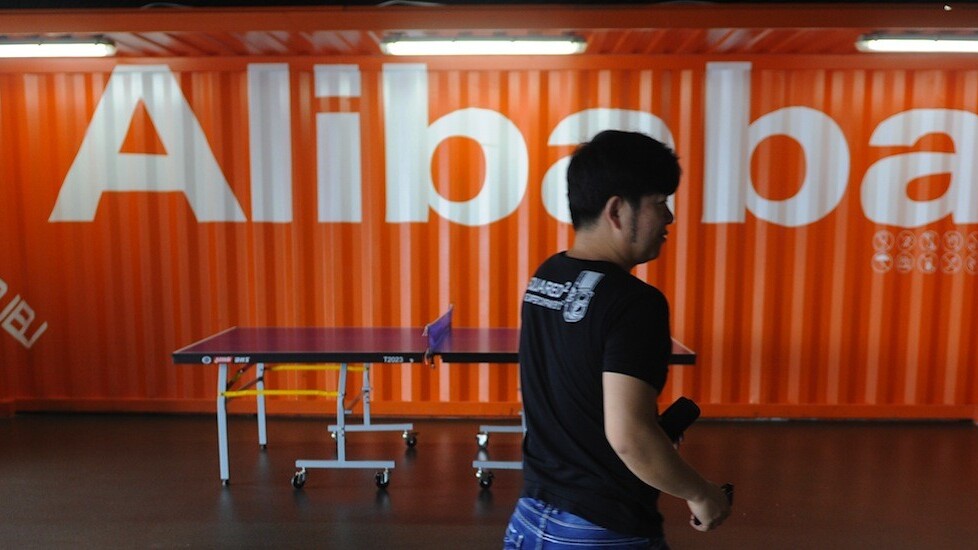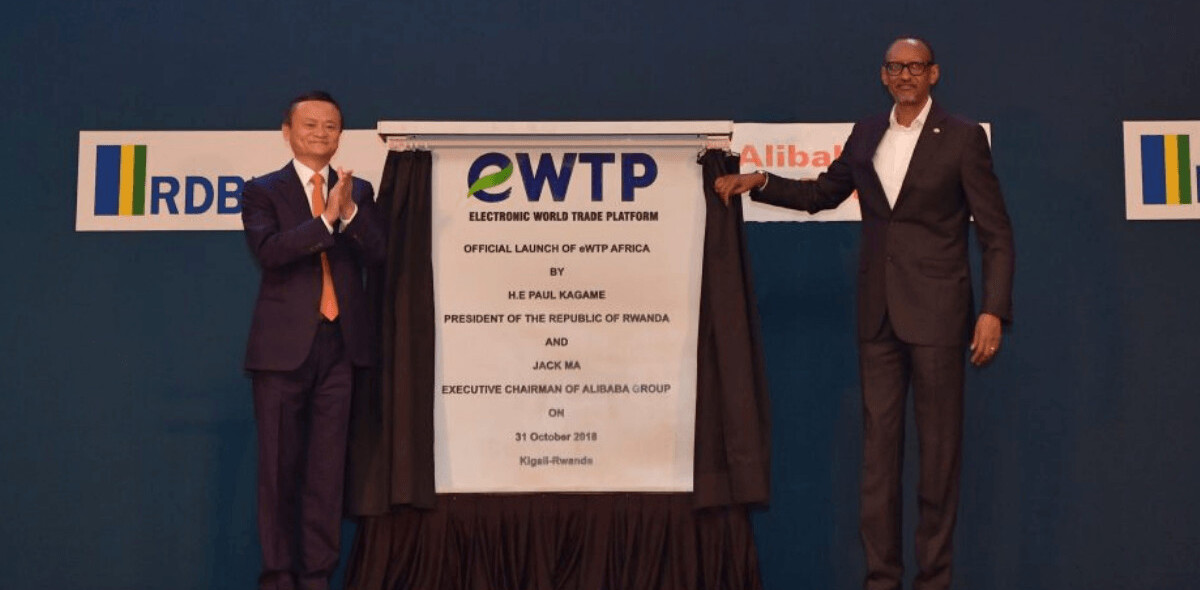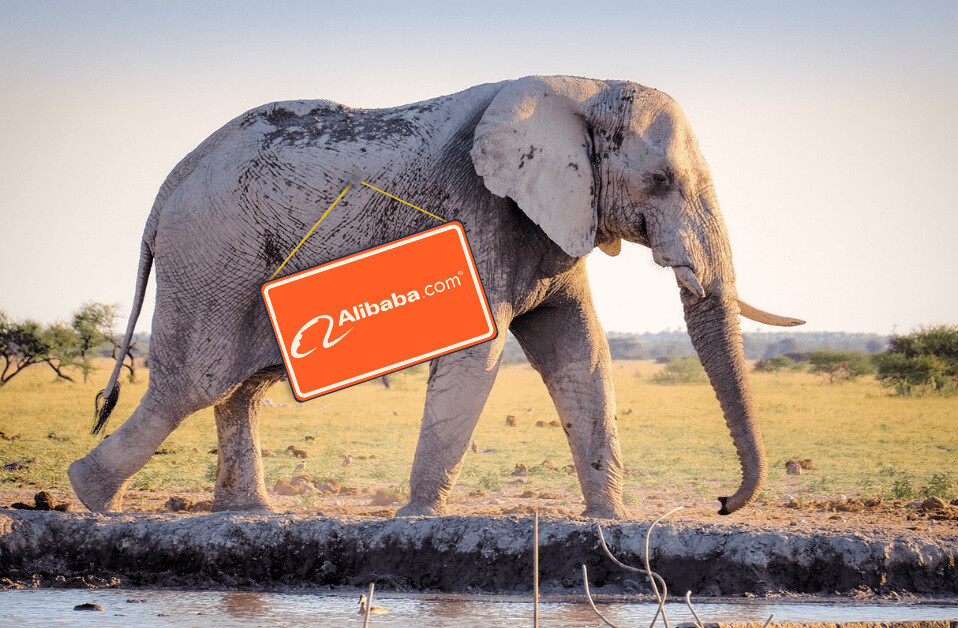
It seems that 2014 is shaping up to be the year of mobile messaging. Hot on the heels of Facebook’s $19 billion deal to acquire WhatsApp and Rakuten’s $900 million acquisition of Viber, Tango — a free messaging and calling app for iOS and Android — has announced a $280 million funding round led by Chinese e-commerce giant Alibaba.
Alibaba — which generates more revenue than Amazon and eBay combined — is providing $215 million towards the round in exchange for an undisclosed, “minority” stake and board seat — existing investors are covering the rest of the round. The fresh infusion of capital takes the Mountain View-headquartered startup to $367 million in VC fundraising.
200m registered users and 70m active users
Alongside the funding, Tango has also announced that it has crossed 200 million registered users, which is double the 100 million sign-ups that it had this time last year.
In an interview with TNW, Tango co-founder and CTO Eric Setton revealed that the service has 70 million monthly active users. The US is its largest market, with around 50 million registrations, which puts it at about the same size as WhatsApp, Kik and Snapchat. Setton says Tango is also particularly strong in Western Europe, the Middle East and parts of Southeast Asia, but the company trails WhatsApp (450 million active users), WeChat (355 million active users), Viber (over 100 million active users), and Line (300 million registered users) globally.
The deal is hugely significant for both parties: Tango gets the means to ramp up its hiring and content partnerships to chase its larger rivals, while Alibaba gets a stake in (and perhaps is a step closer to owning) a global messaging player.
Setton says the two companies “clicked” instantly after initial talks — which were set up by Yahoo founder Jerry Yang, a Tango investor — and are “aligned on the vision and strategy of mobile messaging.”
Alibaba, for its part, provided only a canned statement which praises Tango’s “tremendous growth” and “unique approach” to messaging.
“We were simply blown away by the vision and quality of the team at Tango and believe they have a disruptive way of looking at the mobile and messaging opportunity,” says Joe Tsai, Executive Vice Chairman of Alibaba Group.
Unlike many of its US rivals, Tango’s set of features closely mirror that of Asia’s content-rich messaging apps like Line and WeChat. Rather than stick just to photo and text messaging, Tango introduced a games platform last year, partnered with Spotify for music sharing and jumped on the sticker bandwagon before it became the industry standard.
Those features make it exactly the kind of service that Alibaba itself is sorely missing.
Alibaba in need of an answer to messaging apps
Despite its stranglehold on China’s e-commerce space, Alibaba is under pressure as arch rival Tencent’s WeChat app has emerged as the key social platform for smartphone users. The majority of WeChat’s 355 million monthly users are based in China, and Tencent is piping a range of services — including e-commerce — into the app which is turning it into a key channel for retailers, brands and frankly any company that wants a slice of Chinese consumers’ attention.
While WeChat’s e-commerce play is still in its early stages, its sheer size and distribution potential makes it a concern for Alibaba. The e-commerce firm introduced its own messaging app — Laiwang — last year but, though it gained 10 million registered users within its first month, it sits a long way behind WeChat.
Setton says that the deal will help boost Tango in China and other parts of Asia, but there is no China-specific partnership involved. Tango isn’t about to solve the WeChat dilemma for Alibaba anyway, since it has a low profile in China despite having an engineering office in the country, but there are plenty of synergies for Alibaba to leverage.
For a start, the Chinese company recently confirmed its intention for a public listing in the US, which analysts predict could value it at over $150 billion. Taking a stake in one of America’s most prominent messaging apps while the market there is still nascent makes a lot of sense, Alibaba’s business will need to expand out of China in time to provide growth opportunities for investors.
US messaging market potential
Setton believes that tapping into Alibaba will “bring a crystal ball into our boardroom… Asia has insight that is around a year ahead of the West right now,” he explains.
It’s currently unclear if US consumers want games, e-commerce and more inside their chat apps, but if messaging is going to be as important in the US as it is in China, then Alibaba needs a piece of the action.
Although it has only tentatively dipped its toes in the US — via two third-party US retails sites it owns, and an investment in Shoprunner — it missed the messaging opportunity in China, and won’t want to let history repeat itself in the US market.
Setton says that there are no plans to introduce Alibaba services into Tango at this point — he ducked the question of whether Alibaba might one day buy the startup outright — but this deal is certainly one to watch. We’d expect Alibaba to closely monitor Tango’s progress and the maturity of the US messaging market with a view to an acquisition when the time is right.
For now though, the deal is a further signal of Alibaba’s intention to expand into the US and another proof point of the importance of messaging apps. It seems likely that we can expect other large scale US acquisitions and investments from Alibaba both pre- and post-IPO.
Headline image via Peter Parks / Getty Images/AFP
Get the TNW newsletter
Get the most important tech news in your inbox each week.






